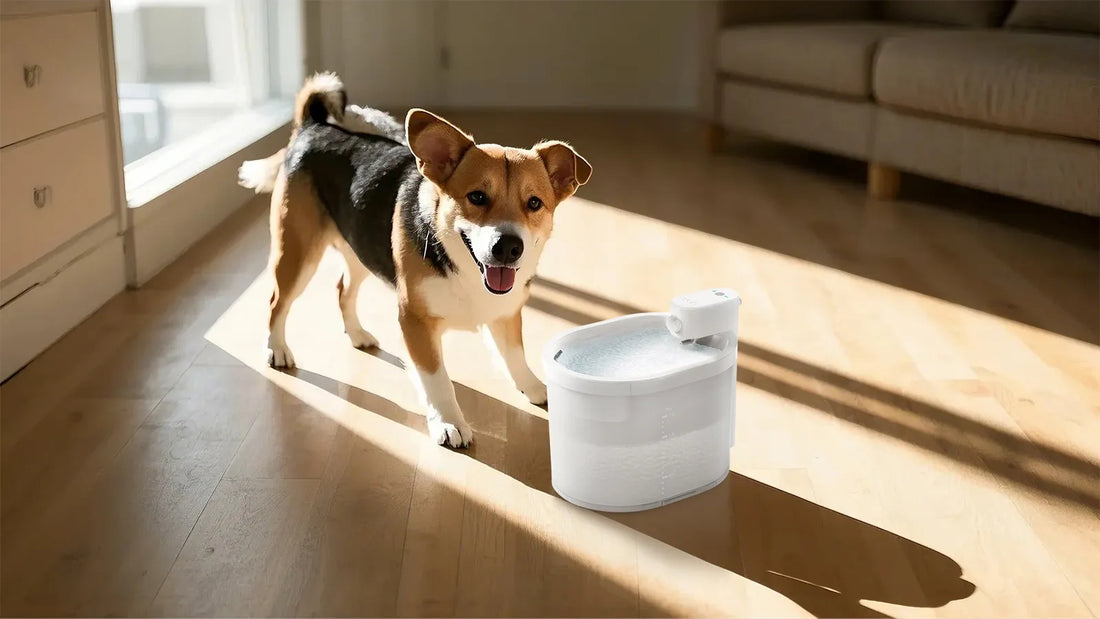Feeding cats dog food might seem like a convenient solution, especially in a pinch, but it’s a practice that can have serious consequences for your feline friend. Cats and dogs have vastly different nutritional requirements, and failing to meet these needs can lead to health issues over time. In this article, we’ll explore why feeding cats dog food is not ideal, the potential risks involved, and how to ensure your cat gets the nutrients it needs to thrive.
Why Cats and Dogs Have Different Nutritional Needs
Cats are obligate carnivores, which means their bodies are designed to thrive on a diet primarily composed of animal protein. Unlike dogs, which are omnivores and can derive nutrients from both plant and animal sources, cats require specific nutrients that are only found in meat. For example, cats need taurine, an essential amino acid that supports heart health, vision, and immune function. Dog food typically lacks sufficient levels of taurine, as dogs can produce it on their own.
The Risks of Feeding Cats Dog Food
Feeding your cat dog food, even occasionally, can lead to nutritional deficiencies. Over time, a lack of essential nutrients like taurine, arachidonic acid, and vitamin A can result in serious health problems. These include heart disease, vision loss, and a weakened immune system. Additionally, dog food often contains higher levels of carbohydrates, which can lead to obesity and diabetes in cats. It’s important to remember that cats have a faster metabolism than dogs, and their bodies are not equipped to process certain ingredients found in dog food.
What to Do If Your Cat Eats Dog Food
If your cat accidentally consumes dog food, there’s no need to panic. A single instance is unlikely to cause harm. However, if this becomes a regular occurrence, it’s essential to take steps to prevent it. Store dog food in a separate area from cat food, and ensure your cat has access to its own meals. If you’re concerned about your cat’s health after consuming dog food, consult your veterinarian for advice.
How to Ensure Your Cat Gets the Right Nutrition
To keep your cat healthy, it’s crucial to provide a balanced diet that meets its specific needs. Look for cat food that is high in animal protein and contains essential nutrients like taurine, arachidonic acid, and vitamin A. Avoid feeding your cat table scraps or dog food, as these can disrupt its nutritional balance. If you’re unsure about the best diet for your cat, consult your veterinarian for personalized recommendations.
Common Misconceptions About Feeding Cats Dog Food
Some pet owners believe that dog food is a suitable alternative for cats, especially if they run out of cat food. However, this is a dangerous misconception. While both cats and dogs are beloved pets, their dietary needs are not interchangeable. Feeding cats dog food can lead to long-term health issues, even if it seems harmless in the short term. Always prioritize your cat’s nutritional needs to ensure its well-being.
Alternatives to Dog Food for Cats
If you’re looking for alternatives to dog food for your cat, there are plenty of options available. High-quality cat food is specifically formulated to meet feline nutritional requirements. You can also consider feeding your cat a raw or homemade diet, but it’s essential to consult your veterinarian to ensure it’s balanced and safe. Remember, the key to a healthy cat is a diet that provides all the nutrients it needs.
Feeding cats dog food is a practice that should be avoided at all costs. While it might seem like a quick fix, the long-term consequences can be severe. By understanding your cat’s unique nutritional needs and providing a diet tailored to its requirements, you can ensure your feline companion stays healthy and happy. Always consult your veterinarian if you have any concerns about your cat’s diet or health.













